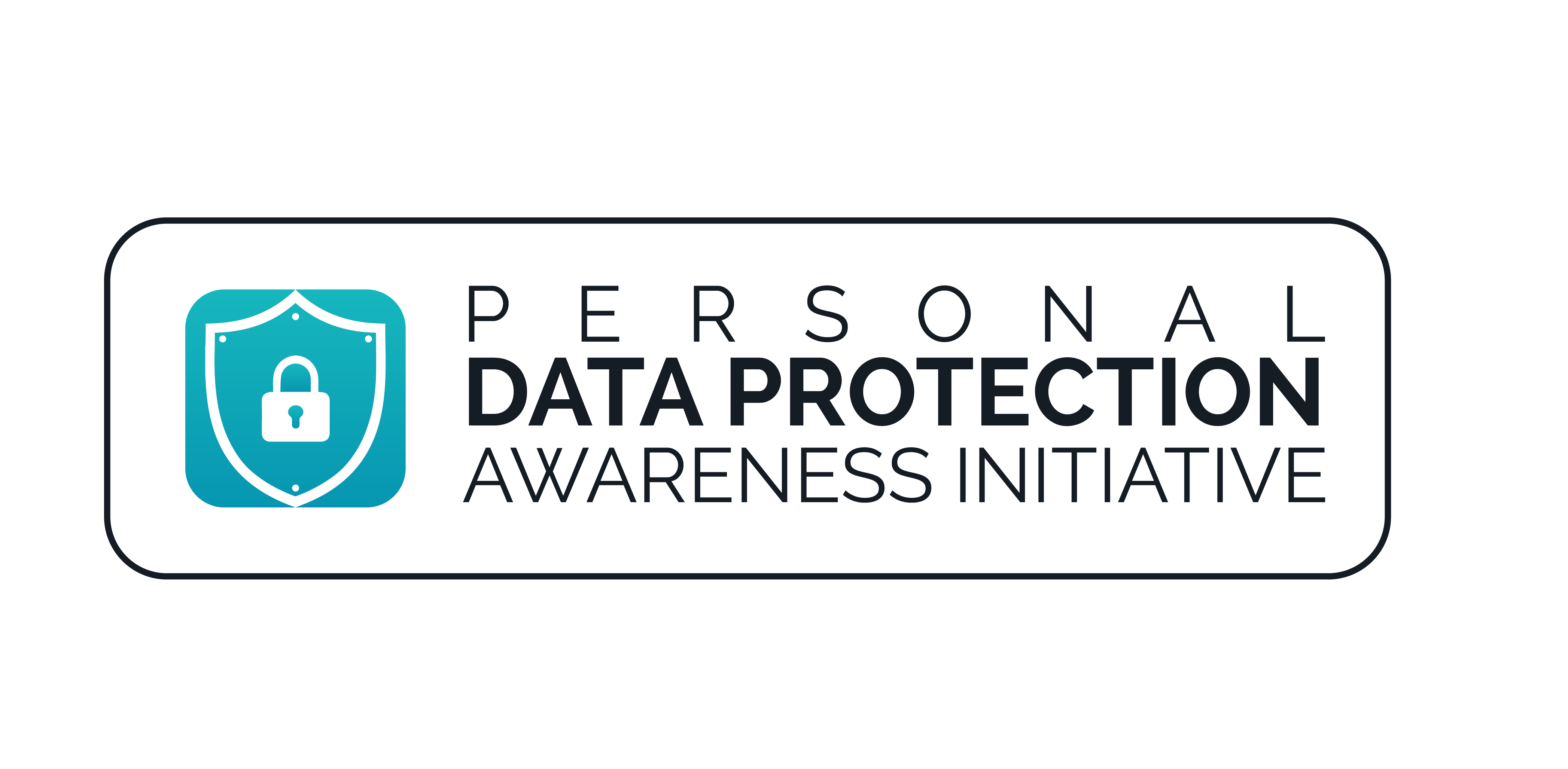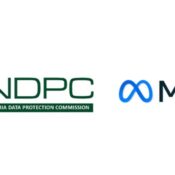
NDPA GAID: A Pragmatic Guide for Data Controllers and Processors
Nigeria’s data protection framework has undergone a significant transformation with the enactment of the Nigeria Data Protection Act (NDP Act) 2023. This legislation, accompanied by the General Application and Implementation Directive (GAID) 2025, supersedes the previous Nigeria Data Protection Regulation (NDPR) and introduces a robust regime for safeguarding personal data. For businesses operating in or targeting the Nigerian market, understanding and adapting to these changes is not merely a matter of compliance but a strategic imperative. This article provides a concise yet comprehensive overview of the key obligations and considerations for organizations navigating this evolving landscape.
Key Obligations and Strategic Considerations
1. The Role of the Data Protection Officer (DPO)
The NDP Act fundamentally emphasizes the importance of the Data Protection Officer, positioning this role as much more than a mere compliance function; it is about deeply integrating data protection into an organization’s operational ethos. The DPO functions as a strategic leader, providing guidance on data processing activities, ensuring adherence to regulations, and cultivating a strong data protection culture throughout the organization. This requires the DPO to operate independently, possess comprehensive expertise in data protection law, and be provided with the necessary resources to effectively fulfill their responsibilities. Critically, the GAID establishes a DPO credentialing framework, requiring certification for DPOs. This requirement underscores a commitment to professional excellence and accountability, ultimately fostering trust among stakeholders.
2. Duty of Care and Ethical Practice
The NDPA GAID goes beyond the usual data processing principles by adding the principle of “duty of care,” which compels organizations to adopt ethical approaches to data handling. This principle means that organizations have a proactive responsibility to prevent harm to data subjects, not just an obligation to avoid breaking the law. Meeting this standard requires organizations to stay informed about current industry benchmarks, implement strong security measures, and prioritize data privacy in the design of their products and services. In an environment where data breaches can severely damage trust, demonstrating a robust duty of care can serve as a powerful way for organizations to distinguish themselves favorably.
3. Legitimate Interest in Focus
A critical element of data processing is determining its lawful basis, and while the NDP Act provides several options, it demands careful thought in its application. Although consent is often prioritized, “legitimate interest” offers a degree of flexibility, provided it’s applied rigorously. Organizations must carefully weigh their own interests against the rights and freedoms of data subjects, a process that necessitates documented assessments to demonstrate proportionality and necessity. When used ethically and transparently, legitimate interest can support innovation and efficiency, without undermining privacy.
4. Internal Reporting and Accountability
The NDPA GAID underlines the importance of continuous accountability, making internal reporting mechanisms essential for organizations to demonstrate their commitment. DPOs are required to compile semi-annual reports, which serve as structured evaluations of data protection practices within the organization. These reports should be presented to senior management, thereby embedding a culture of accountability from the highest levels. Furthermore, consistent internal reporting prepares organizations for external audits, showcasing a proactive stance on compliance.
5. Registration and Audit Obligations
Acknowledging the diversity in scale and risk profiles among organizations, the GAID establishes a tiered system for registration and audit. Data controllers and processors are classified into three levels of major data processing: Ultra High Level (MDP-UHL), Extra High Level (MDP-EHL), and Ordinary High Level (MDP-OHL).
Data controllers and processors in the Ultra High Level and Extra High-Level categories must file Compliance Audit Returns (CAR) annually.
However, those in the Ordinary High-Level category have a different requirement. They are only required to renew their registration with the Commission on an annual basis and are not obligated to file annual CAR.
Compliance obligations are appropriately tailored to the potential impact of their data processing activities.
This framework enables organizations to allocate resources strategically, focusing on the most pertinent compliance needs relative to their risk level. Regardless of whether it involves an annual audit or registration renewal, the emphasis remains on continuous monitoring and adaptation within a dynamic regulatory landscape.
Key Compliance Actions
To navigate the requirements of the NDP Act and GAID 2024 effectively, organizations should take several key actions. First, they must appoint and certify a qualified DPO, investing in their ongoing training and development. A comprehensive data audit is essential to map data flows, identify processing activities, and pinpoint any compliance gaps. Organizations need to develop clear and transparent privacy policies to communicate their data practices to data subjects. Implementing robust security measures is paramount to protect data from unauthorized access, use, or disclosure. Establishing incident response procedures is crucial for effectively managing and mitigating data breaches. Maintaining thorough records of processing activities (ROPA) is necessary for accountability. Finally, organizations must conduct Data Privacy Impact Assessments (DPIAs) when required, to evaluate and minimize privacy risks associated with high-risk processing activities.
Conclusion
The NDP Act and GAID 2024 make it clear that Nigeria is committed to building a strong data protection environment. This isn’t just a challenge for businesses; it’s also an opportunity. Organizations that make data protection a core value, build strong governance, and handle data ethically will be in the best position to succeed in the growing digital economy. With the GAID 2024 set to take full effect by September 2025, it’s crucial for businesses to start taking proactive, strategic steps now.
Instead of seeing data protection as a burden, businesses should recognize its potential as a strategic advantage. By prioritizing ethical data practices, promoting transparency, and building trust with stakeholders, organizations can open up new opportunities, improve their reputation, and ensure they can grow sustainably in Nigeria’s changing digital world. The future of business is closely tied to privacy – and the time to prepare is now.



